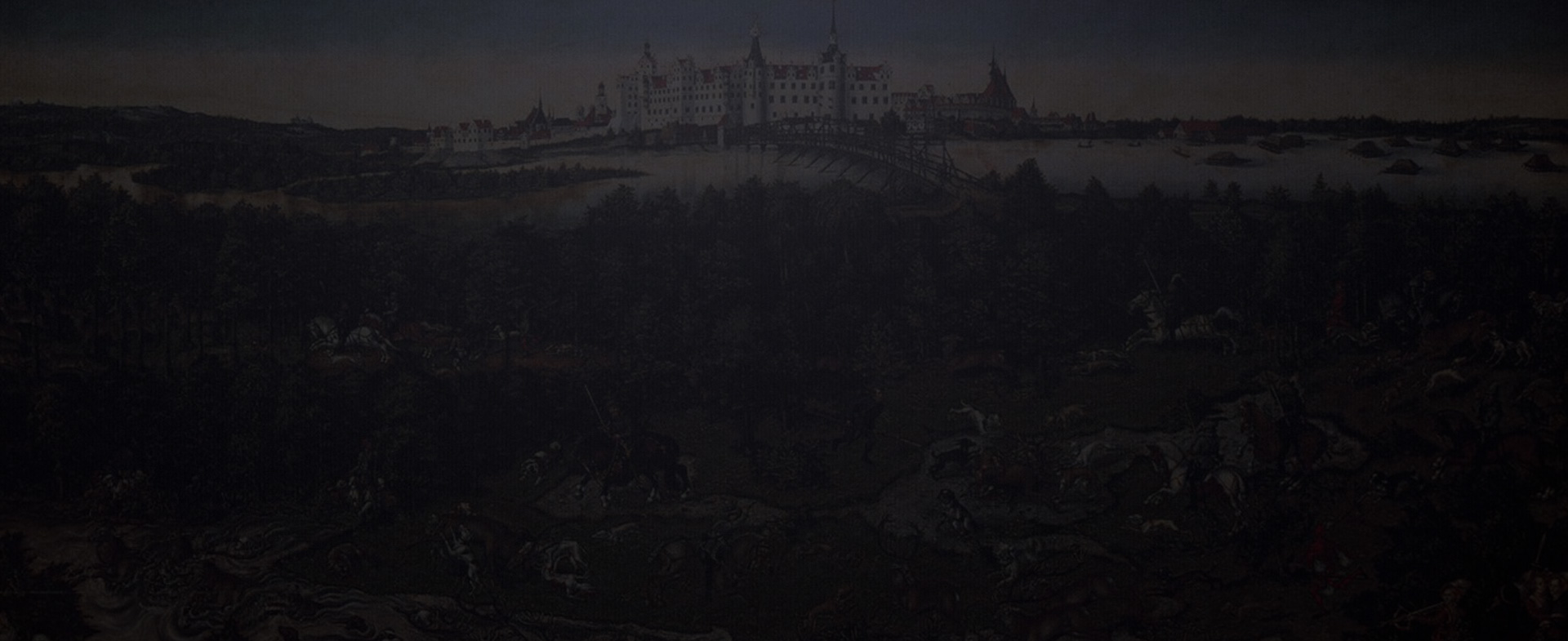Welcome
Emperor Charles V - his life and times
'Henry VIII and Charles V: Rival Monarchs, Uneasy Allies' by Richard Heath was published in February 2023. The duplicitous world of international diplomacy, with dynastic marriages, fine words and broken promises, provides the backdrop to the fascinating story of the ever-changing relationship between these two monarchs, a relationship which had a major influence on the history of both England and Europe. More details can be found on the Pen and Sword website - below.
Pen and Sword Books: Henry VIII and Charles V - Hardback (pen-and-sword.co.uk)
A full account of the life and times of Charles V can be found in 'Charles V: Duty and Dynasty - The Emperor and his Changing World 1500-1558' by Richard Heath - available from Amazon by clicking the Buy the Book button above..
On his 30th birthday Charles was crowned Holy Roman Emperor by Pope Clement VII in Bologna. Less than three years earlier his troops had brutally sacked Rome and Clement had been forced to pay a ransom for his freedom. This is one of the many apparent contradictions in the life of Emperor Charles V (see the pages in 'Charles V'), who ruled much of Europe - the Low Countries, Spain, the Holy Roman Empire, and much of Italy - for almost 40 years in the 16th century.
Born in 1500 he was a key figure in the time of the Renaissance and the Reformation (see the pages in 'Charles' World'), in the dynastic struggles between the Habsburgs and the Valois, in efforts to hold back Ottoman expansion from the east, and in the conquest of the Americas. This was a period of increasingly rapid political, social, economic, religious and scientific change – to the great excitement of some and to the horror of others. Charles met with those whose names resound through history - Luther, Erasmus, Henry VIII, Titian, Medici popes and the conquistadores Cortes and Pizarro.
Yet Charles rarely receives the attention that is lavished upon many of his contemporaries. His influence was so widespread that it has been difficult for any one nation to take him to their hearts. He is often remembered for his unprepossessing jaw, as a religious bigot and (in England) as the father of Philip II who sent the Armada. This does not do justice to the man or the ruler. He became the most travelled monarch of his day (see the pages in 'In Charles' Footsteps'), took his responsibilities seriously, was a good judge of character, could inspire loyalty in his family and ministers, and then choose to give up most of his power in his mid-50’s.
There have been many different interpretations of Charles’ life and policies. Each nation, each era, has its own perspective. Was he a lover of peace or an aggressor, a religious zealot or seeker of reconciliation, national hero or destroyer of nations’ hopes, an initiator of grand schemes or one who merely reacted to events? The life of Emperor Charles V provides an insight into the 16th century world. It also has the essential quality which brings history alive – an individual who by chance of birth held great power but who had the usual human virtues and frailties. Few rulers had received such a rich inheritance but few had to deal with so many problems.


